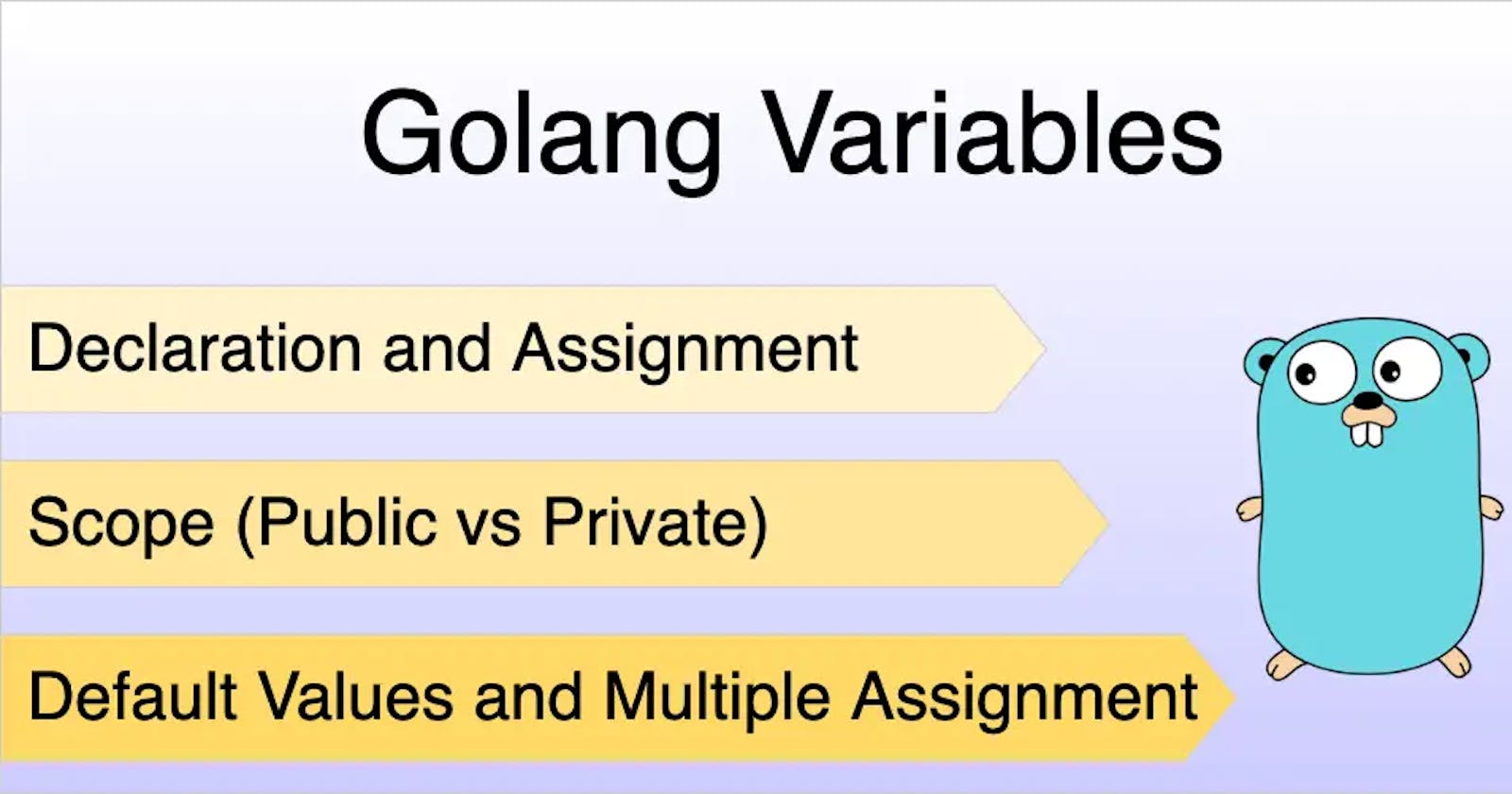Mastering Go Programming: Variables, Constants, and More Explained
Dive Deep into Go's Core Concepts - From Zero Values to Variable Scopes, Unlock Efficient Coding Techniques
Go, often referred to as Golang, is a statically typed, compiled programming language designed for simplicity, efficiency, and reliability. It offers robust standard libraries, garbage collection, and supports concurrent programming. Understanding the basics of Go, such as variables, constants, and types, is crucial for building efficient and maintainable Go applications.
Variables in Go
variables are the basic unit of storage in any programming language. In Go, each variable is associated with a specific type, which determines the size and layout of the variable's memory; the range of values that can be stored within that memory; and the set of operations that can be applied to the variable.
Declaring Variables
In Go, you can declare a variable using the var keyword followed by the variable name and type. The general syntax is:
var variableName type
For example:
var myName string
var age int
Go also supports short variable declarations using the := syntax, which infers the variable's type based on the value its assigned, but it can only be used within a function block.
func exampleFunction() {
name := "Bishal" // Short variable declaration
age := 21
fmt.Println(name, age)
}
You can also declare multiple variables at once like this but the variables have to be of same type:
var name, city string
var age, zipCode int
Zero Values
When a variable is declared without an explicit initial value, it's assigned the zero value of it's type:
0 for numeric types
false for boolean type
" " (the empty string) for strings
nil for pointers, functions, interfaces, slices, channels and maps
The Blank Identifier
The blank identifier _ is a special feature in Go used to ignore values in assignments and declarations. It's useful in situations where a function returns multiple values, but some of them are not needed.
_, err:= os.Open("file.txt")
if err != nil {
// handle error
}
Constants
Constants are immutable values that are known at compile time. Defined using the const keyword, constants can be character, string, boolean, or numeric values.
const Pi = 3.14
const (
StatusOK = 200
StatusCreated = 201
)
Expressions
Expressions in Go are constructs that can be evaluated to produce a value. They include literals, operators applied to terms, function calls, and other constructs that evaluate to a value.
Scopes in Go
The scope of a variable or constants in Go refers to the region of the code where it's accessible. Go has three type of scopes:
Block Scope: Variables declared inside braces
{}are accessible only within those braces.Package Scope: Variables declared outside of functions but within a package are accessible anywhere in the package.
Global Scope: If declared outside of a package, variables can be imported and used in other packages.
Conclusion
Understanding variables, zero values, the blank identifier, constants, scopes, expressions is crucial for effective programming in Go. These concepts are fundamental to writing efficient, readable, and maintainable Go code. As you delve deeper into Go programming, you'll find these concepts integral to navigating the language's syntax and semantics, enabling you to build robust and scalable applications.
